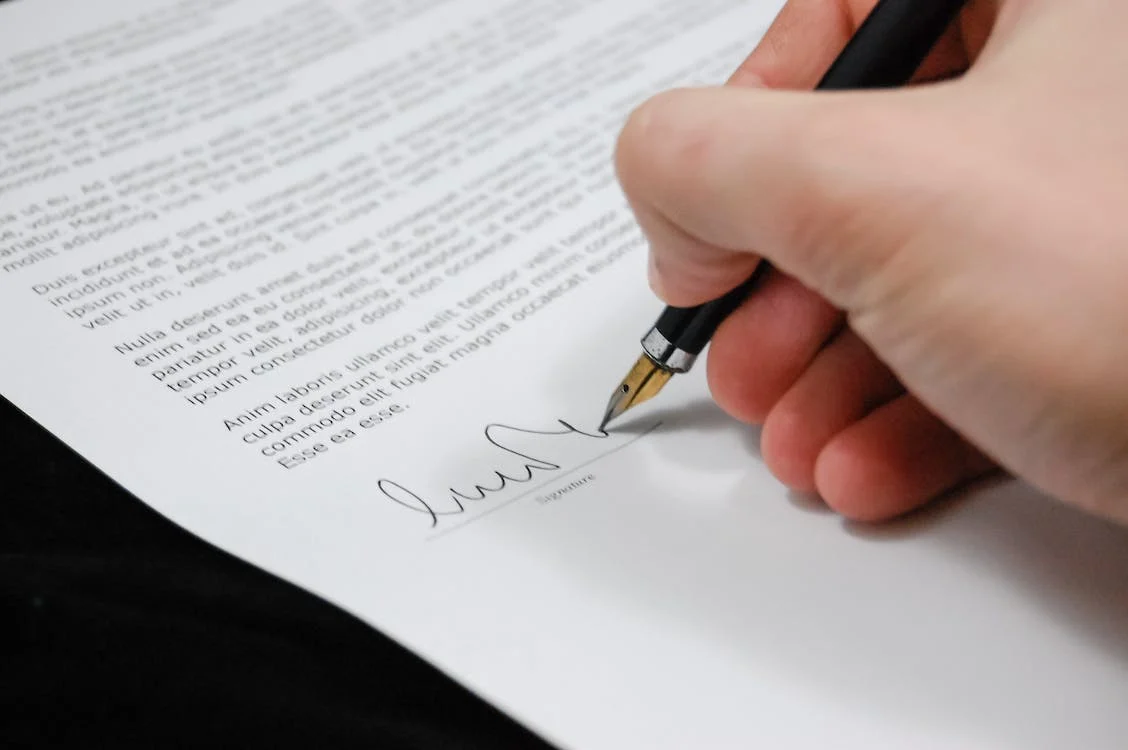How Long Does The Probate Process Take?

Whether you’re the sole or co-executor, administrator, or heir to an estate, probate can be a complicated process to traverse. One of the first things you’re likely to wonder is how long the probate process takes. The answer depends on each individual case and takes many different factors into account, so there is no strict timeline you can expect to follow. While sometimes the probate process can be shorter than you may have expected, in other cases it may be the opposite.
This article explains the probate process and how long it may take to complete. For personalized advice, contact our team at J Mishkin Law today.
What Is Probate?
Probate is the process of settling a deceased person’s estate. A person’s estate is all of the money, property, possessions, financial securities, cash, and other assets they owned, comprising their entire net worth. Probate is a court-supervised, legal process to distribute these assets and funds.
Probate serves to authenticate the person’s last will and testament and, if necessary, settle any disputes over inheritances. If the person had a will that named the executor/s, probate gives them the legal authority to oversee the probate estate (including distributing assets and paying any debts). If the deceased died without a will in place, the court will appoint somebody to act as administrator for the estate.
What Are The Steps In The Probate Process?
The probate process follows a general guide encompassing the following steps:
- File a petition for probate.
Certain steps must be taken before certain assets can be touched. As such, the executor/s will need to fill out a form, file it in the deceased’s county’s court, and provide a copy of the will and death certificate. This step can take several days in most cases, though it may be longer if there are any delays.
- Giving notice to heirs and creditors.
This step requires the executor/s to notify heirs and creditors that the person has died. Depending on the state, this can be via publication in the local newspaper or written notice addressed to each person. Upon notification, the creditors have a period of time in which they submit claims against the estate. The time this takes also varies by state, but generally takes between one and two months.
- Inventory of assets.
Next, the executor will need to complete an inventory of the deceased’s assets and estimate their worth. This may include determining if certain items have been willed to specific heirs or if they are to be sold. It can also include liquidating assets such as vehicles and property. If the deceased owned a business, this is also taken care of during this step. Overall, this can take several weeks or months depending on the size of the estate, the types and property owned, and so on.
- Administrator pays bills.
By this time the deadline for creditors to make a claim against the estate will have passed and the executor/s will begin to pay any debts, including filing taxes for the deceased. Depending on the state, the executor/s may also need to present accounting during this time. This step can take as little as a few days or upwards of several weeks.
- Distribution.
Any remaining property will now be distributed to the heir/s based on the deceased’s will. This step is fairly straightforward and generally takes several days.
How Long Does The Probate Process Take?
As mentioned earlier, there is no definitive answer as to how long the probate process may take. In general, it can take anywhere between two months and two years, depending on a multitude of factors including the size of the deceased’s estate and the state they lived in. States have a minimal time that the probate process can take, though this is usually between just under a year and just over a year.
Delays can occur, even when probate runs smoothly. Even if there are no unexpected delays such as will contests, complicated assets, or a taxable estate, the whole process can take upwards of a year. It’s important to have an understanding of the probate process to ensure you’re best equipped to handle any unforeseen issues.
Contact Us For Help With Probate
A probate lawyer is not a legal requirement, but many people find that their advice is invaluable. If you’re looking for an experienced lawyer to assist you with the probate process, J Mishkin Law is here to help. With offices in Portland, West Linn, and Bend, Jonathan D. Mishkin has a wealth of knowledge and experience in probate and trust/estate litigation. To see how he may be able to help you, contact J Mishkin Law today.
Share:



